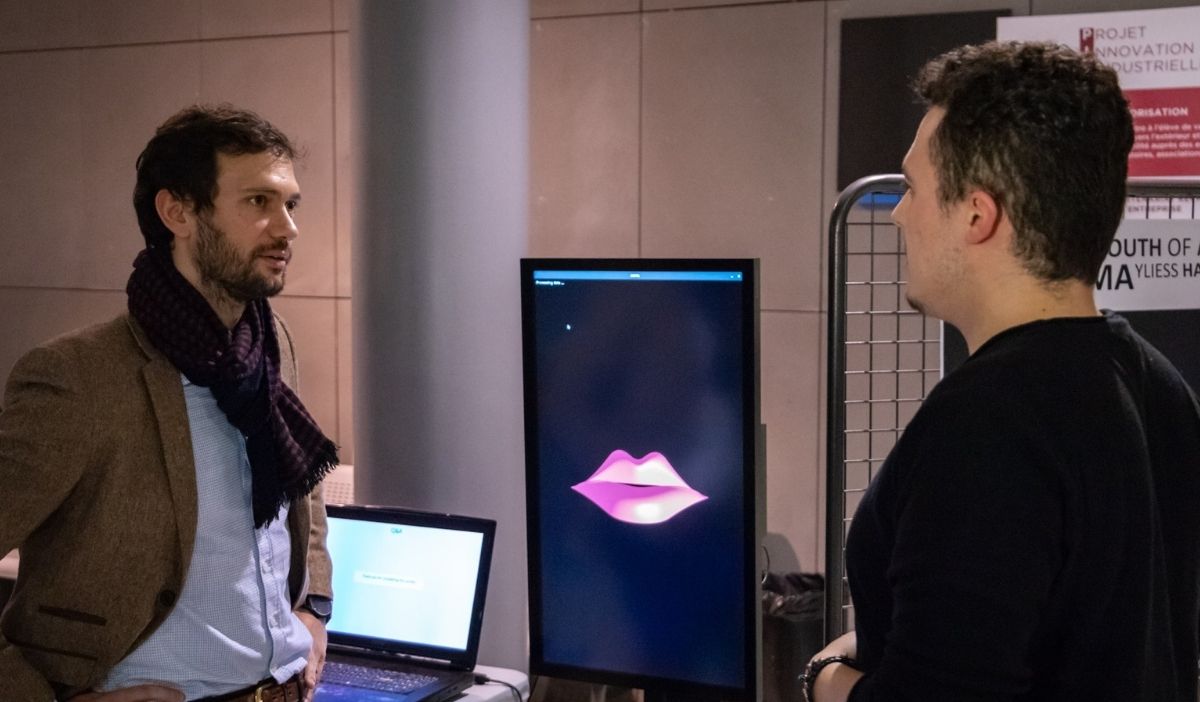While some people might think that AI will lead to the disappearance of many professions, this technology actually offers new types of jobs and has an overall positive impact on the job market.
AI’s constant evolution leads to the emergence of new professions that will play a huge impact in the future of the engineering field. Schools of Engineering such as ESILV offer students all the keys to understand those evolutions by teaching them all of AI’s aspects to guarantee a successful professional integration.
The Psydesigner, The One In Charge Of The AI’s Core
The psydesigner is the person that determines the architecture and the algorithm of the AI. They are in charge of building and improving the tech, and they are the reason why AIs such as Alexa or Siri appear to have a clear personality.
The psydesigner must build a base for the AI to make it both relevant and understandable to the client and make it as ergonomic as possible. To become a psydesigner, it is essential to know computer science, new technologies but also to have notions in terms of psychology.
The Egoteller, The One That Gives The AI A Soul
The egoteller is the person in charge of the AI’s personnality. They have the tough and fascinating task to make the AI appear human. They are called egotellers because just like screenwriters, they have to think about creating a believable character with actual personality traits.
Egotellers often work in pair with psydesigners to come up with the AI’s profile and to equipy it with a strong lexical field, a specific behaviour, a voice and a posture to mimic human feelings.
Giving emotions to a machine is not an easy task, but it is an essential step to build a trusting relationship with the user. As humans, we are more inclined to trust an object that seems to be like us, rather than a soulless robot.
Creativity, empathy and imagination are soft skills that are required to be a good egoteller. They must be able to put themselves in the users’ shoes to create characters traits that will match their expectations.
AI Ethicist, The One In Charge Of The Ethical Question
Since its creation, AI raises many ethical issues. Therefore, the role of the AI Ethistsi is to make sure that the newly created IA matches all of the ethical criteria of our society.
In the future, AI will be mass produced, which leads to many ethical and philosophical questions regarding the place that machines will occupy: how independent will they become? If they become able to think for themselves, will they have rights? Will they develop some king of moral? All of those questions are the issues to which the AI Ethicsit must deal with.
To apply the company’s ethics to the AI, they must have soft skills such as critical thinking and objectivity along with hard skills like computer science and knowledge regarding Industry 4.0.
AI Trainer, The One Who Teaches The AI
AIs must be able to work on their own to be commercialised. Therefore, they need to be trained to be effective. They have to learn to improve their human language, to identify objects, people, feeling, and so on. A good AI is like a child: always learning, always adapting, and always mimicking. But it cannot learn on its own: this is where the AI Trainer comes into place.
The AITrainer teached the IA to make them as independant as possible, and to make them think on their own. In order to acheive this task, they have to give them access to a stream of data for them to improve on their skills. An AI Trainer must be an expert in computer science and language.
It is estimated that 85% of the jobs that will be in place in 2030 don’t exist yet. Most of those jobs will be related to the field of new technologies and AI, and chances are that students in Schools of Engineering will have plenty of choices regarding their future professional careers.
Interested in Engineering? Check out ESILV’s programmes.







